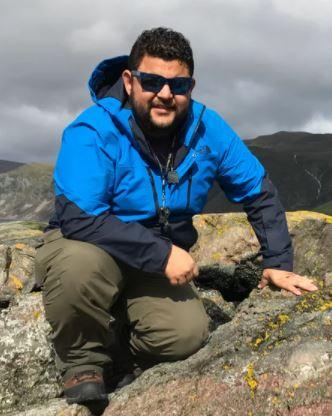event
Record of Fluid-rock Interaction on a Long-lived Subduction Channel
Primary tabs
The School of Earth and Atmospheric Sciences Presents Dr. Kennet E. Flores, University of North Carolina, Chapel Hill
Record of Fluid-rock Interaction on a Long-lived Subduction Channel
Subduction zones are the primary interface on Earth for chemical exchanges between the crust and the mantle. Subducting plates release fluids from different sources, which might trigger intraslab earthquakes, and causes serpentinization, veining, and flux melting of mantle wedge to yield arc volcanism. High-pressure metamorphic blocks (i.e., eclogite, blueschist, etc.) represent a partial record of the subduction process in terms of the prograde metamorphism, which provides PTtd histories and dehydration records. However, highly retrograde eclogites are frequently ignored but also contain important clues to better understand fluid infiltration and rehydration in the cool and hydrated subduction interface.
This talk will present a multimethod petrochronological and geochemical assessment of highly retrogressed eclogites from the North Motagua Mélange as a proxy for a 40 Ma record of fluid-rock interaction and metamorphic rehydration during high-pressure rocks exhumation.
Status
- Workflow Status:Published
- Created By:nlawson3
- Created:01/19/2022
- Modified By:nlawson3
- Modified:02/15/2022
Categories
Keywords
Target Audience

